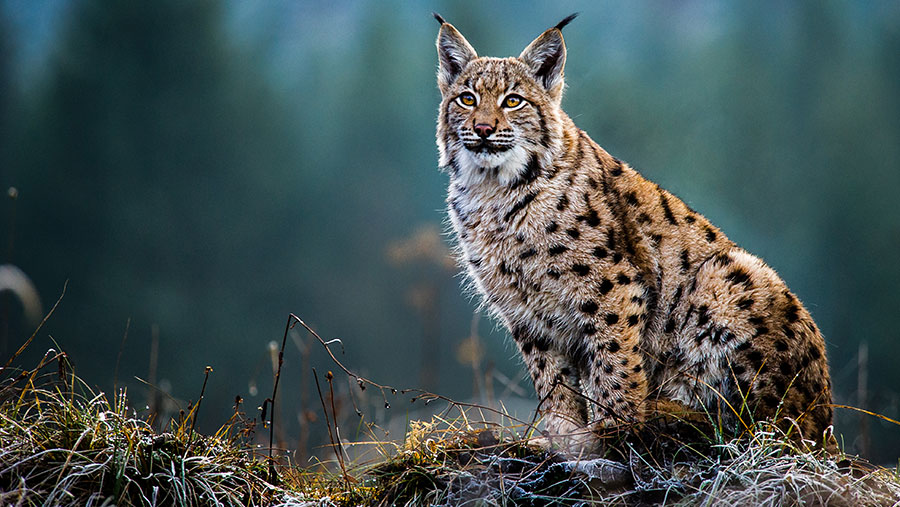Sheep farmers attack new plan to reintroduce lynx
 © Adobe Stock
© Adobe Stock Sheep farmers have warned of serious consequences for their flocks amid new proposals to reintroduce wild lynx in Scotland.
A new partnership of three environmental charities – Scotland: The Big Picture, Trees for Life and Vincent Wildlife Trust – has launched a study to assess people’s views about the possible reintroduction of Eurasian lynx in the Scottish Highlands.
The £50,000 year-long study is being funded by Danish billionaire Anders Holch Polvsen, who owns the Bestseller clothes retail chain, and Lisbet Rausing, from the Swedish family that made billions from Tetra Pak.
See also: Opinion: Government U-turns could yet see lynx in Kielder
The lynx is native to Britain but was driven to extinction 500-1,000 years ago through hunting and habitat loss.
The Lynx to Scotland project team says several lynx reintroductions since the 1970s “have brought ecological and environmental benefits in parts of Europe and Asia more densely populated than Scotland, and in areas used for farming, hunting, forestry and tourism”.
Deer predation
Research suggests the Highlands has enough habitat to support about 400 wild lynx, the charities say.
They also state that lynx predation would help control roe deer populations – “the cat’s preferred prey”.
Steve Micklewright, chief executive of Trees for Life, said: “By preying on roe deer, lynx would restore ecological processes that have been missing for centuries and provide a free and efficient deer management service.”
But NFU Scotland (NFUS) said its members remain hugely concerned about any proposals to return lynx to the Scottish countryside.
Martin Kennedy, NFUS vice-president and a hill farmer from Highland, Perthshire, said a union delegation were warned on a study trip to Norway in autumn 2017 that reintroducing lynx would be an “absolute catastrophe”.
In 2016, Norwegian authorities paid out compensation on 20,000 sheep lost to predators, of which lynx, bear and wolf accounted for 21% of the losses.
“Predation of farmed livestock in Norway has reduced over the past decade – not because of fewer predators, but the fact that hill farmers have simply stopped keeping sheep,” said Mr Kennedy.
“The Norwegian NFU believes that about 1,000 hill farmers have given up in the past 10 years as they simply cannot carry on at the levels of predation.”
Past rejection
NFUS environment and land use committee chairman Angus MacFadyen, a hill farmer from Oban in Argyllshire, said Scottish farmers and crofters should rest assured that if the latest proposal becomes a formal application to NatureScot, the union would “take all necessary steps to ensure their interests were protected”.
Fergus Ewing, Scottish rural economy secretary, previously said he would never support reintroducing lynx.
In 2018, an application from the Lynx UK Trust to reintroduce the wildcats to Kielder Forest in Northumberland, England, was rejected by the then Defra secretary Michael Gove on the advice of Natural England.
